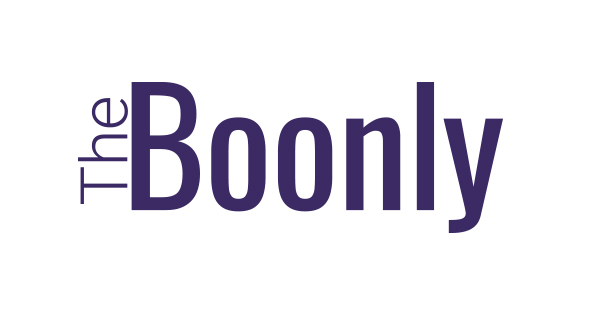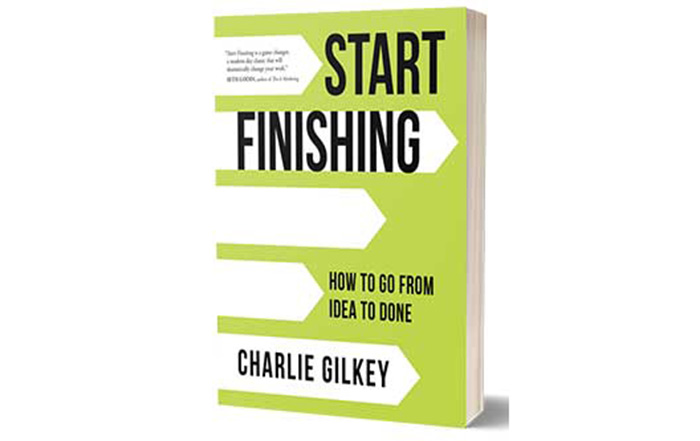Where to find this idea:
Start Finishing: How to Go from Idea to Done by Charlie Gilkey
You’ve probably experienced working on a passion project, but getting interrupted by the regular program of your life. You tell yourself that you’ll get back to ideas you care about some other day, which often doesn’t happen.
There is an interesting concept to describe this misalignment between your day-to-day life and what you want it to be. It’s called the air sandwich.
Let’s say that your life is represented by 2 slices of bread. The top slice is your big picture — mission, vision and big goals. The bottom slice is your everyday life. For many people there is nothing in between to bridge these 2 slices. The result? An air sandwich.
But that space in between is not really empty. It’s filled with some (or all) of the following 5 challenges that keep you from working on things that matter.
- Competing priorities
You play many roles in your life — a friend, a parent, a worker — and each of them requires your attention. You want to exercise, but also work 10 hours, and also spend time with friends.
It’s overwhelming.
- Head trash
I’m not good at this or I’m not that type of person. You tell yourself a lot of self-limiting stories that keep you from starting.
- No realistic plan
Aspirations are great, but you need a specific plan. You need to choose a realistic project to work on that connects your purpose and day-to-day. Plans are there to create clarity.
- Too few resources
If I had more money, I would start a bedroom renovation project. If I had more time, I would start a writing project. But what if you try to do things with what you have or find creative ways to compensate for the lack of resources?
- Poor team alignment
Team isn’t just your work team. It’s anyone you collaborate with (your partner, your kids or your parents). They might have different ideas of how your life should look and you might have issues communicating what you want with your team.
Now that we’ve presented the challenges, let’s explore keys to overcoming the air sandwich.
- Intention: Know your “why,” your goals and your projects. You need a clear intention. That’s why we use the word project (personal or professional) — it’s specific and helps you close the gap between your reality and what you want it to be. You don’t do ideas, you do projects.
- Awareness: Know what your most important work is and when you deal with limiting beliefs. For example, you don’t have enough resources to start. Well, what if you shift your awareness to what you do have and find small ways to get started? Or what if you ask “what else could this story mean” when you deal with self-limiting stories?
- Boundaries: Think about boundaries in both positive and negative terms — decide what you want to create more space for and what you want to take space from.
- Courage: It’s sharing your work with others. It’s choosing to always challenge your capabilities and comfort levels. It’s accepting that some people will love what you do and some won’t.
- Discipline: It gets easy to displace your most important work with other stuff. Discipline isn’t punishment and overworking. See it as committing your time to things that matter and embracing doing instead of just talking about doing.

